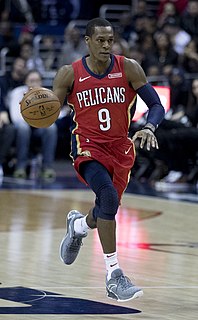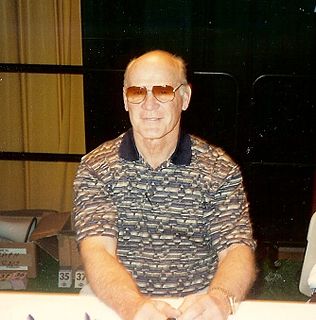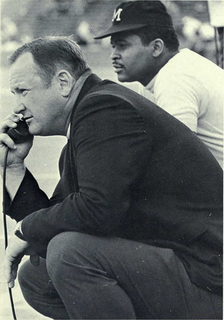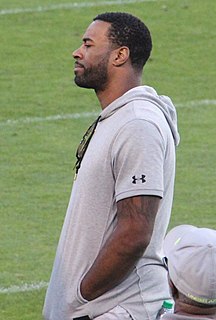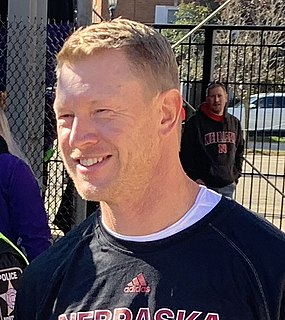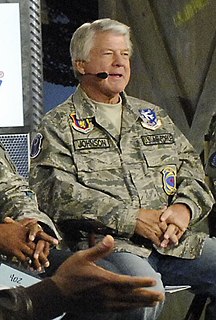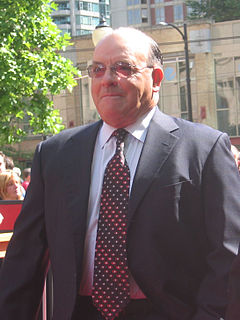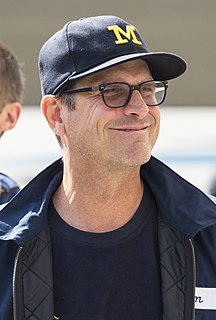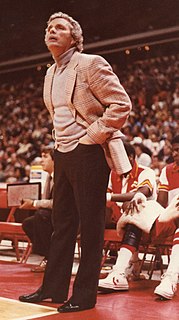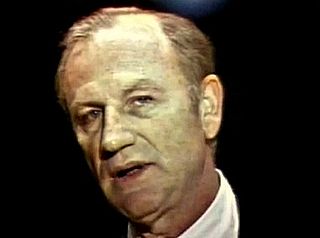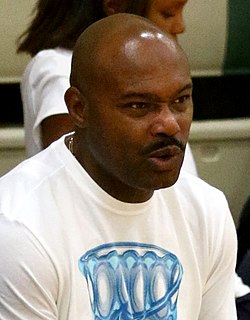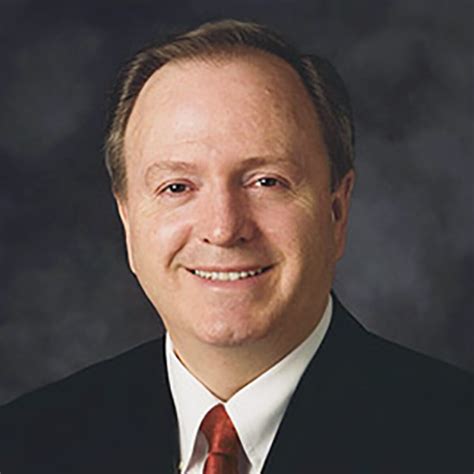A Quote by Rajon Rondo
When the coach can get the trust and the confidence of a team to believe in him, and everyone accepts what they're doing for the team, the good and the great of the team, it usually works out.
Related Quotes
Perhaps the toughest call for a coach is weighing what is best for an individual against what is best for the team. Keeping a player on the roster just because I liked him personally, or even because of his great contributions to the team in the past, when I felt some one else could do more for the team would be a disservice to the team's goals.
The team doctor, the team trainers, they work for the team. And I love 'em, you know. They're some good people, you know. They want to see you do good. But at the same time, they work for the team, you know. They're trying to do whatever they can to get you back on the field and make your team look good.
If I may make a football analogy, we're a team whether we're a football team or community or the United States of America. We are part of a team and I believe the people on that team have a right, but they also have the obligation if there is something that is not good or we don't agree on, to speak about it.
I believe a family can be like that sports team. A successful family wins as a team. But if its members are intent upon winning their own individual battles with one another, the team loses. A winning solution is to work out the differences and, when it's over, let it be over. Then they can get back in the game as a team.
On a good team there are no superstars. There are great players who show they are great players by being able to play with others as a team. They have the ability to be superstars, but if they fit into a good team, they make sacrifices, they do things necessary to help the team win. What the numbers are in salaries or statistics don't matter; how they play together does.
In his sophomore year Wilbanks tried out for the high school basketball team and made it. On the first day of practice his coach had him play one-on-one while the team observed. When he missed an easy shot, he became angry and stomped and whined. The coach walked over to him and said, "You pull a stunt like that again and you'll never play for my team." For the next three years he never lost control again. Years later, as he reflected back on this incident, he realized that the coach had taught him a life-changing principle that day: anger can be controlled.
